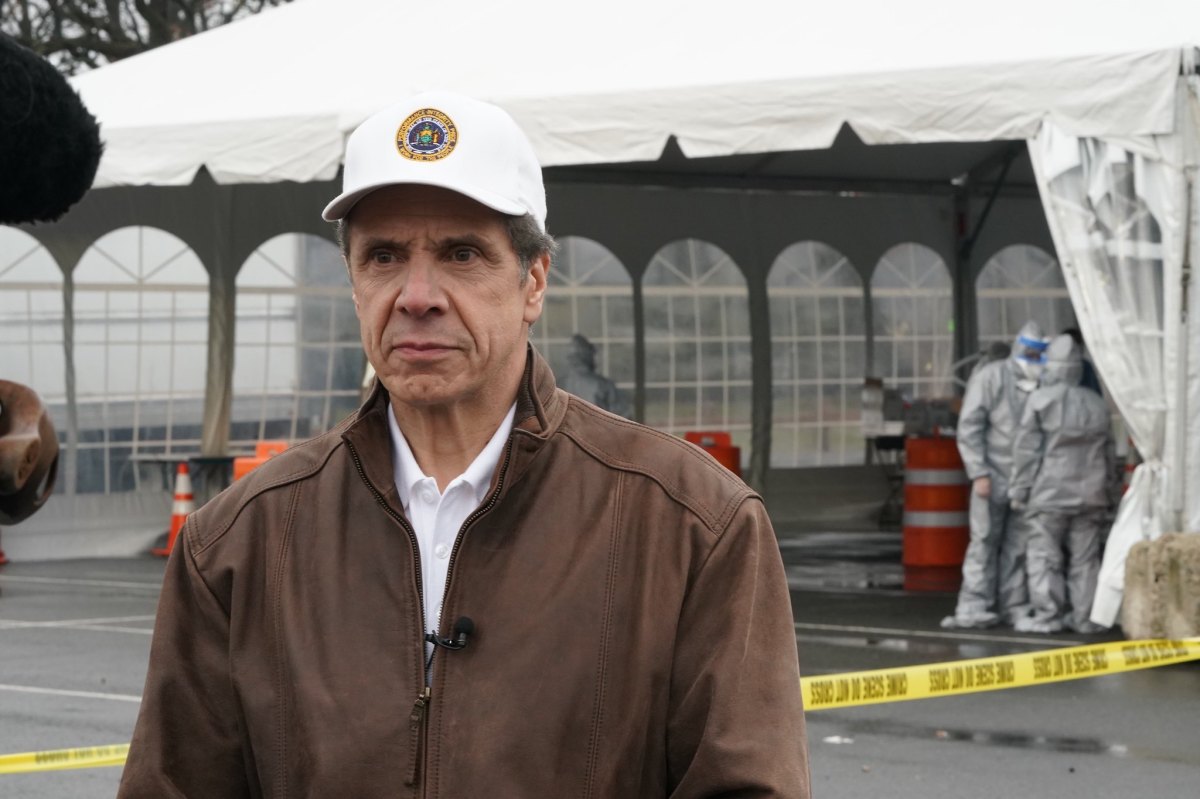BY BEN VERDE
Former Mayor Michael Bloomberg has volunteered to help New York State develop and implement a coronavirus tracing program, Gov. Andrew Cuomo announced Wednesday.
The former mayor, fresh off a failed presidential bid, will work with the state to design and coordinate a massive testing program, as well as hire and train the staff needed to execute the program.
“It’s a very big undertaking and we thank him very much for taking it on,” Cuomo said at his April 22 briefing.
Bloomberg will also be making a donation of north of $10 million — roughly 0.018 percent of his net worth — the governor’s highest-ranking staffer, Melissa DeRosa said.
Johns Hopkins University, which the former mayor donated $1.8 billion to, and the public health nonprofit Vital Strategies will also play a role in the effort, Cuomo said.
Looking ahead, Bloomberg will put together an organization responsible for hiring a massive workforce, which will need to mobilize within weeks, according to Cuomo.
“You don’t have months to plan and do this,” the governor said. “You have weeks to get this up and running.”
The state will coordinate with local downstate governments as well as New Jersey and Connecticut to isolate positive cases and trace their contacts but will need to drastically increase its testing capacity, with the goal of eventually testing 40,000 people daily, double the current capacity.
“It’s best to do this tracing on a tri-state area. Why? Because that’s how our society works, the virus doesn’t stop at jurisdictional boundaries,” Cuomo said.
The governor has repeatedly stressed that testing and isolation are the key components to eventually reopening the economy. The announcement comes one day after President Donald Trump committed to helping New York increase its testing capacity after meeting with Cuomo at the White House.
The coronavirus has infected 258,000 people across the state as of Wednesday, according to data from Johns Hopkins.





































